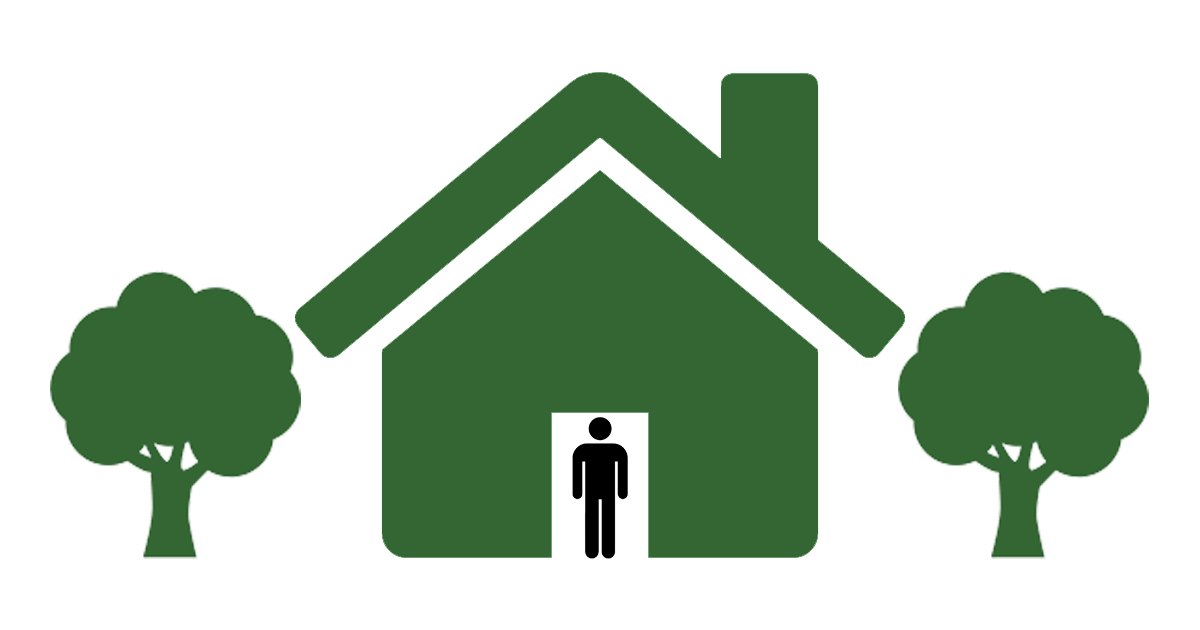How Can Big Data Help Cities Incentivize Behaviors?
April 29, 2014 at 9:28 am CDT
Cities have a lot of new tools in their toolboxes.
No longer are cities confined to monumental projects like building highways or casinos to make an impact. Now, urbanism can take the form of smaller, more agile plans.
A new program in Brick, N.J., rewards shoppers with property tax rebates.
No longer do cities need to hope citizens notice all the little ways they make a difference in our day-to-day lives by filling in the potholes, replacing the broken street lights and removing graffiti. Now, services like SeeClickFix and other open government platforms allow residents to see in real time how their government is performing.
No longer do cities need to hope people will engage. Now, tools like participatory budgeting allow for the democratization of the very act of spending tax-payer dollars – at least on some level.
These are tools about what cities can do to make a difference. But how do they get their citizens to make a difference, too? For that we turn to another tool: incentivization. That used to take the form of taxes and subsidies. If you wanted to disincentivize something, you’d slap a tax on it – like cigarette taxes to discourage smoking – or fine people who did it. If you wanted to encourage a behavior, you could subsidize it – like public transit or the mortgage tax credit.
With big data, cities can think like marketers and encourage all sorts of new behavior, all while learning about how its citizens interact with the city. That data can then be used to better plan services and amenities. Everyone wins.
Earlier we talked about how New Haven, Conn. , is incentivizing people to shop in its downtown with its innovative Shop:Dine:Park urban gift card. On one hand, it functions like a regular gift card and can be spent only at downtown retailers and restaurants. In a program like this, merchants could even offer discounts or send text messages to nearby shoppers as they use the card.
Likewise, Brick, N.J., will soon join several New Jersey towns with a new program that allows restaurant and shop owners to give residents a rebate off their property taxes.
Both of these programs offer ways for cities to reward a certain behavior in its citizens: spending money in town. But it can also be a big data play, allowing towns and their merchants to better understand how its residents shop, dine and park.
Chicago’s Park District gives you “ park points ” for participating in a number of ways. Visiting parks, sharing content on social networks or taking part in park activities can earn you points to be used toward special experiences in the city, like behind-the-scenes tours. And here again, a program like this can allow the city to learn more about its residents and how they utilize this important city asset, all while encouraging and rewarding desired behaviors.
All of these programs become big data collection tools so cities can both reward residents now and learn how to serve them better tomorrow. With some analysis of the data, the incentive itself can be tweaked and refined: What programs are working? What reward levels are needed? Do the programs work better in certain parts of town or at certain times of year? These questions, too, can now be answered to strengthen the programs.
None of these programs are especially hard to set up. They are happening in small to mid-sized towns as well as in big cities. And they can start making an immediate difference for cities and residents alike.
0 Reader Comments
Use a Facebook account to comment. Subject to Facebook’s Terms of Service and Privacy Policy . Your Facebook name, photo other personal information you make public on Facebook will appear with your comment.
